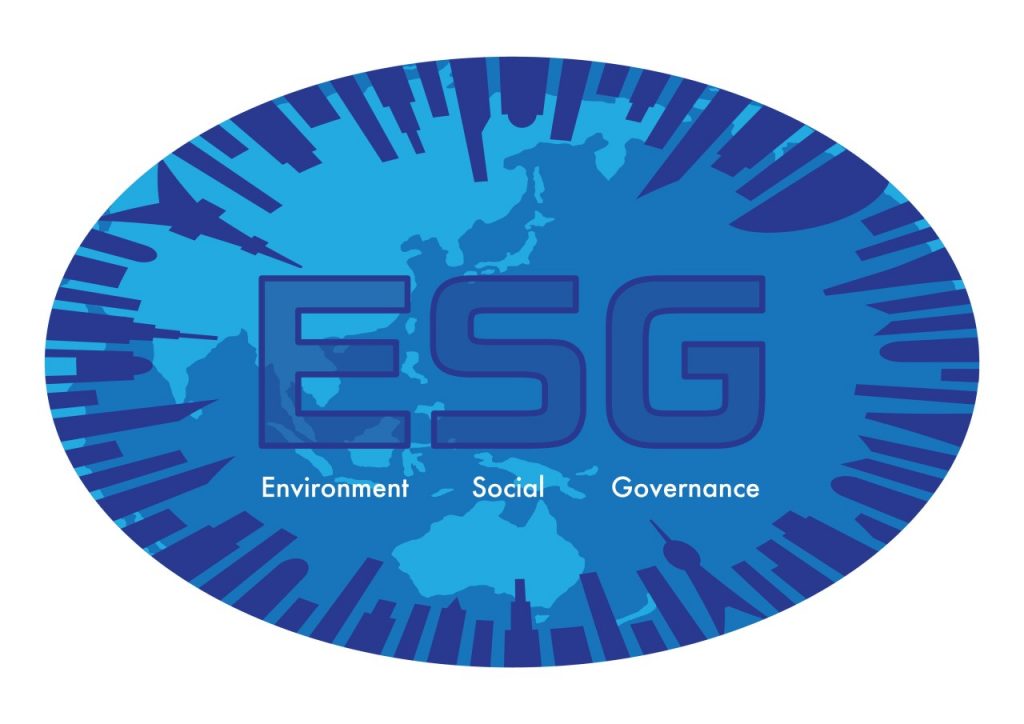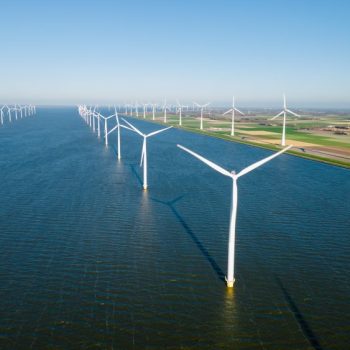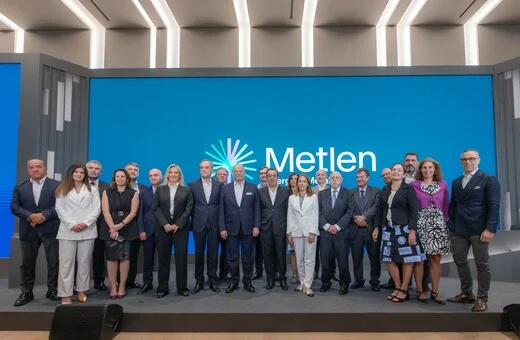
Australia’s first impact investment firm focused on public equities says the damage done at AMP, QBE, Rio Tinto and Cleanaway shows the need for even greater transparency.
If there were any dinosaur directors still questioning the importance of a company’s social licence to operate after the damage caused by misconduct at AMP, QBE, Rio Tinto and now Cleanaway Waste Management, then Lucy Steed and Tim King have a simple message.
The level of focus on environmental, social and governance matters means hoping misconduct can be dealt with by management in-house is no longer an option.
“I think there are a lot of nervous companies out there thinking about issues that have previously not been elevated to board level, and not been taken as seriously as financial issues,” says Steed, who is the co-founder and chief executive of impact investment firm Melior Investment Management.
“I think this has created a precedent. A year ago we wouldn’t have seen this type of transparency, and now this has created a new normal.”
Indeed, it’s not that long ago that Cleanaway chief executive Vik Bansal’s “issues with overly assertive behaviour” might have been cheered by investors focused solely on returns. But Steed says there is a greater recognition to retain staff through an inclusive culture.
“I think those more intangible issues are really coming to the fore,” she says. “Chief executives and other senior managers really need to think about how they treat their people – it’s not just about financial performance.”
King, who is Melior’s chief investment officer, says the three big events of 2020 – the bushfires, the Black Lives Matters protests and the pandemic – have combined to heighten awareness of ESG issues. A recession won’t change that.
“There’s an increasing realisation by all stakeholders that social licence is material and can have material share price impacts,” he says.
“The fact of the matter is, companies haven’t had to historically worry about these things, and in my opinion aren’t very well equipped to deal with them.”
The events of 2020 have provided an incredible backdrop for the first year of operation for Melior, Australia’s first impact investment firm focused on public equities.
It’s also helped demonstrate the success of Melior’s investment strategy, which uses in-house research and engagement to invest in companies that deliver positive ESG outcomes aligned with the United Nations’ Sustainable Development Goals.
In the 12 months to August, the Melior Australian Impact Fund delivered an absolute return of 6.4 per cent, outperforming the benchmark ASX 300 by 11.2 per cent.
The fund’s top holdings include Commonwealth Bank (which fits Melior’s inclusive finance basket), CSL (health), Transurban (sustainable infrastructure), Wesfarmers (gender and broader equity) and Westpac (inclusive finance).
The firm’s first annual report on its activities underscores its approach. Where 9 per cent of the ASX 300 has a net-zero emissions targets, 35 per cent of Melior’s fund does.
Almost 30 per cent of its holdings have a female CEO or chairman, compared to 13 per cent of the ASX 300, while 26 per cent have a reconciliation action plan, compared to 10 per cent of the benchmark.
Central to the Melior approach is engagement with companies; it held 67 meetings with companies, including Brambles, BlueScope, Sims, Telstra, A2 Milk, Wesfarmers and Meridian.
Steed says the reaction of companies to the meetings, which are a mix of information gathering and advocacy, has been even better than expected. She says this goes in part to the heightened scrutiny on ESG matters but also to the fact that companies are struggling to educate themselves in this fast-moving area.
Importantly, in a year of brickbats for corporate misconduct, the Melior report throws some bouquets as well.
Kiwi pair Meridian Energy and Mercury NZ get praise for reporting not just on gender diversity but by ethnicity, age and flexibility. Wesfarmers is singled out for reporting on the gender pay gap in its business, and setting a target to limit the gap to plus or minus 5 per cent.
“With 105,000 employees they really have the opportunity to demonstrate leadership and have an impact,” Steed says. “To actually have targets in our experience across the ASX is quite rare.”
But transparency remains a big problem. Unlike financial reporting, which is guided by strict standards, ESG reporting can be hugely variable in quality.
For example, Melior has developed an in-house tool to estimate greenhouse gas emissions, as two-thirds of the ASX 300 don’t report this.
Steed and King say the lack of transparency creates two problems.
First, it creates the possibility of “greenwashing”, where firms claim to be addressing ESG issues without evidence to back it up.
But worse, companies can’t address issues they can’t see. For example, it’s hard to fix a pay gap for people of colour if you’re not measuring how people of colour are paid at various levels of an organisation.
The issue of diversity is one the pair is watching closely. While there has been movement on gender diversity, companies have been slower to address age and ethnic diversity.
King says the fuss over the appointment of 32-year-old female entrepreneur Bridget Loudon to the board of Telstra neatly illustrates how more needs to be done.
“Ultimately we are looking for a board that is representative of the community in which they operate,” Steed says… You could find more about this article to the website afr.com HERE













